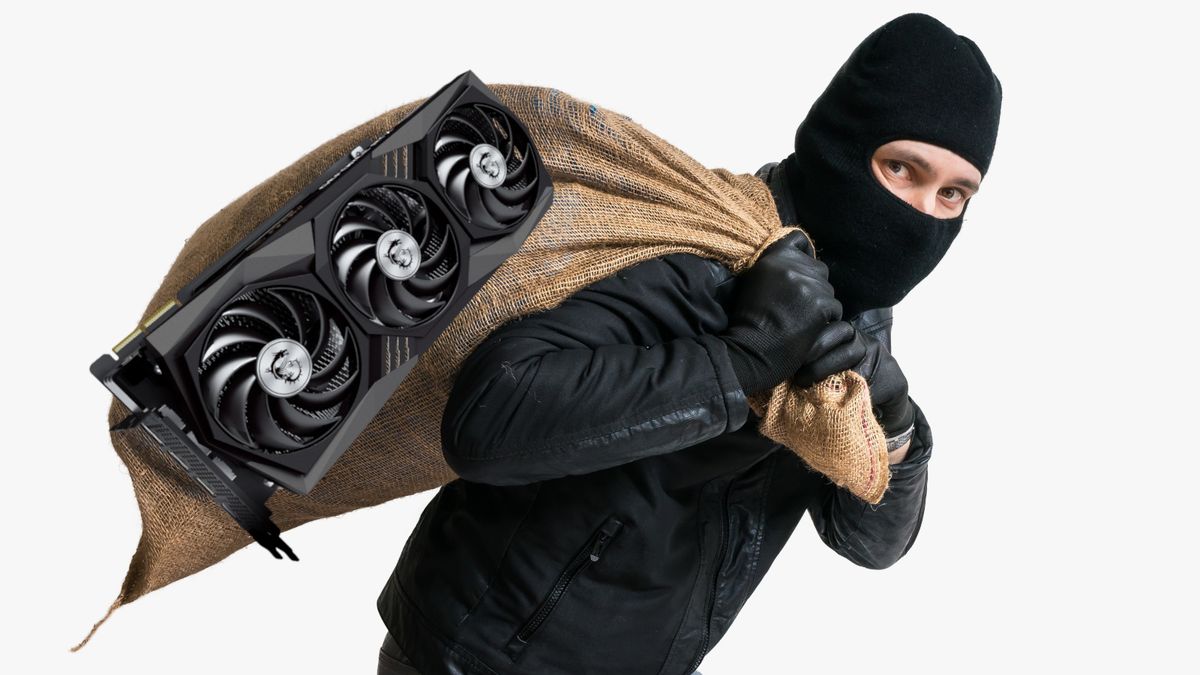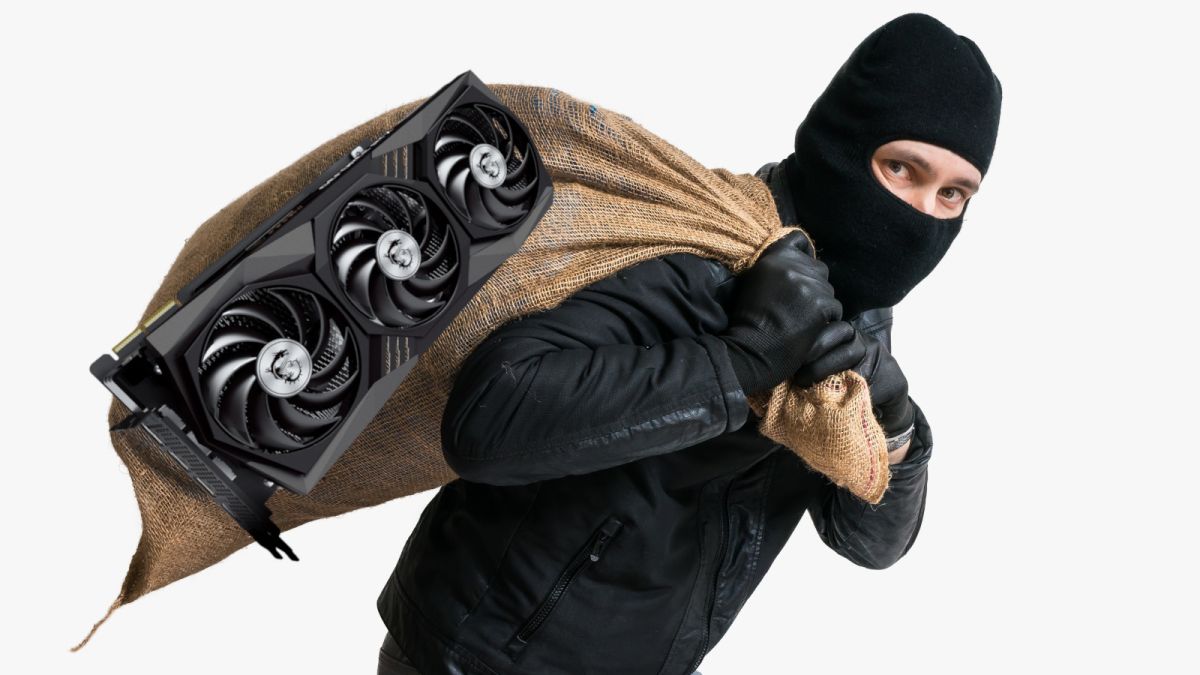
Thieves appear to be trying to cash in on the current shortage of nex-gen graphics cards, as it’s been reported that around 220 Nvidia GeForce RTX 3090s have been stolen from an MSI factory in China.
The haul is estimated to have a retail value of $330,000 (around £255,000 or AU$460,000). MSI has notified the police, and announced a reward of 100,000 Yuan (about $15,000) for anyone who has useful information regarding the theft, which happened on December 7, or the whereabouts of the missing cards.
Increasingly elusive GPUs
Whilst this theft adds to increasingly bad news in the gaming hardware environment right now (with consoles being snatched up by bots and next-gen GPUs being as rare as a lottery win in some cases), it’s unsurprising given how much these RTX 3090 cards have been selling for.
While they have a recommended retail price of around $1,500, the GPUs have been selling for as much as $2,250 on online auction sites such as eBay, because GeForce RTX 3090s are still extremely hard to find available for purchase. Forty boxes estimated to contain around 220 cards are reported to have been taken, though this hasn’t been officially confirmed by MSI.
MSI Chinese mainland factory was stolen, stolen 40 boxes RTX3090, the total value of 2200000RMB ……😓MSI has been officially announced and informed to the police ,Reward of 100000 RMB for reporting effective information. pic.twitter.com/JWw8hOMioGDecember 7, 2020
Given the stringency of MSI’s security procedures, the company believes this could have been an inside job, as the factory shipping area is covered by video surveillance, and delivery trucks are routinely inspected.
Not only has MSI posted a reward for any information regarding the missing RTX 3090’s, but the manufacturer has promised leniency to anyone involved in the heist that comes forward, providing that the missing stock is recovered.
That number of cards shouldn’t cause too much disruption to the market, so here’s hoping that anyone still waiting for their MSI RTX 3090 isn’t affected by this theft.
Via Toms Hardware
